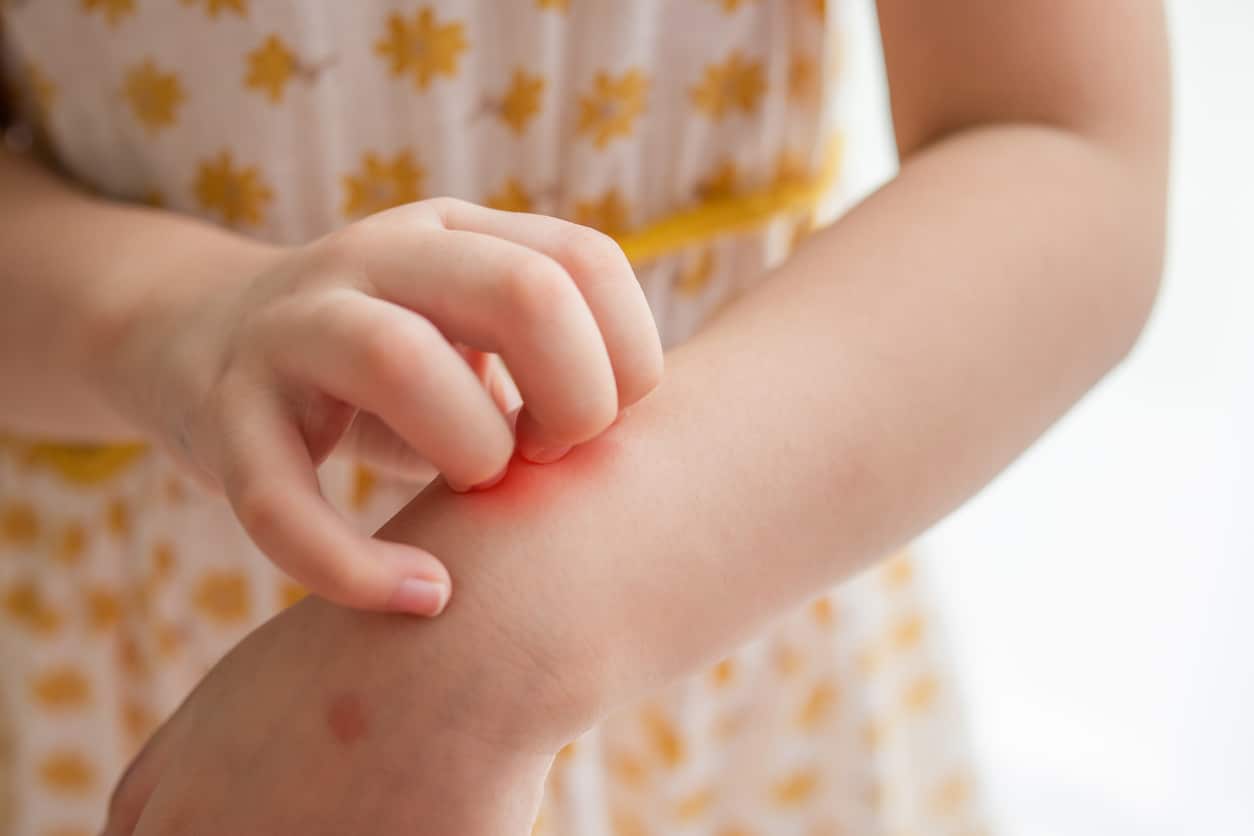It is likely that at least once in your life, you have experienced those red, itchy bumps or welts on your skin that seem to appear from out of nowhere. Those bumps are called hives, and nearly 1 in 5 people will experience them in their lifetime. When you experience hives lasting longer than six weeks, they are considered chronic. Many people with chronic hives have welts every day for a year or longer.
While hives are often caused by an allergic reaction to a substance (allergen), the source of chronic hives is more challenging to pin down. Your provider may conduct an allergy or blood test, skin biopsy or urine test to look for potential causes. It is common to find no source of the hives. When this is the case, managing your symptoms is the next step. Let’s look at a couple of ways you can manage your allergy symptoms.
Broad Treatment Approach

If your provider has not identified a specific cause for your chronic hives, their treatment recommendations may take a broad approach. Medical treatments may include:
- Allergy medications
- Allergy shots
- Steroids
- Over-the-counter anti-itch cream
While it may seem counterintuitive to take allergy medications when no allergen-sensitivity has been identified, the medication, and others like it, can help reduce swelling and inflammation.
Home Remedy Options
- Cool compress. Hives are often exacerbated by heat. Applying a cold compress can help relieve irritation and calm any itching. To make a cold compress, wrap an ice pack or frozen peas in a towel and apply it to your skin. Do not use an ice pack if the cold exacerbates your hives.
- Oatmeal bath. Adding a cup of colloidal oatmeal to a bath can relieve itching and reduce inflammation of your hives. If your hives are sensitive to heat, try a cool or lukewarm bath.
- Hypoallergenic lotion. Dry skin can aggravate hives. Apply a hypoallergenic, unscented lotion to the skin several times a day and after a shower to prevent dry skin.
- Wear loose-fitting clothes. Tight clothing can irritate your skin and cause hives. Wear loose-fitting clothes made from skin-sensitive fabrics like cotton and linen.
To learn more about managing your chronic hives, contact Willamette ENT & Facial Plastic Surgery today to make an appointment with one of our specialists.
“Everyone is nice and very efficient.”